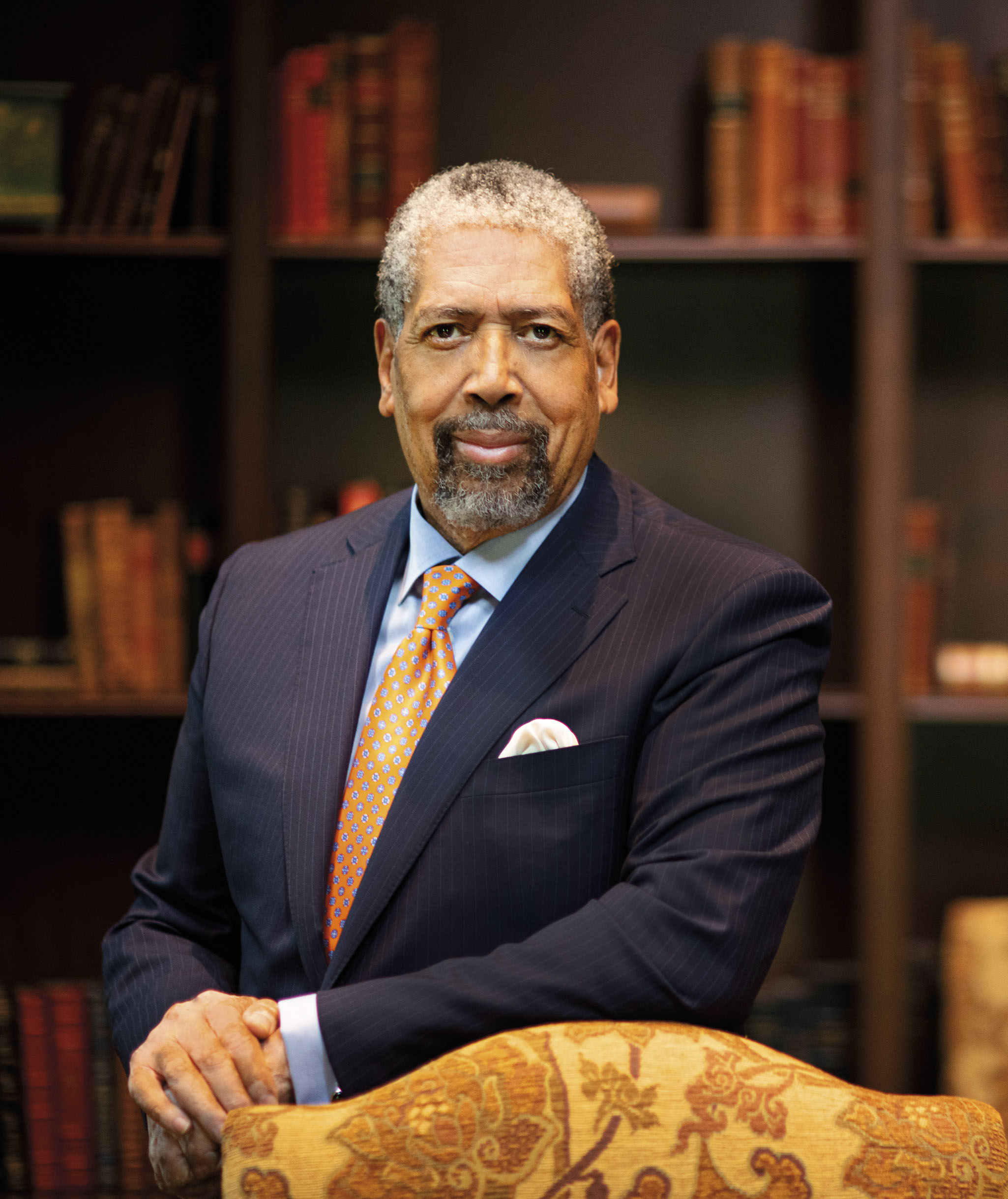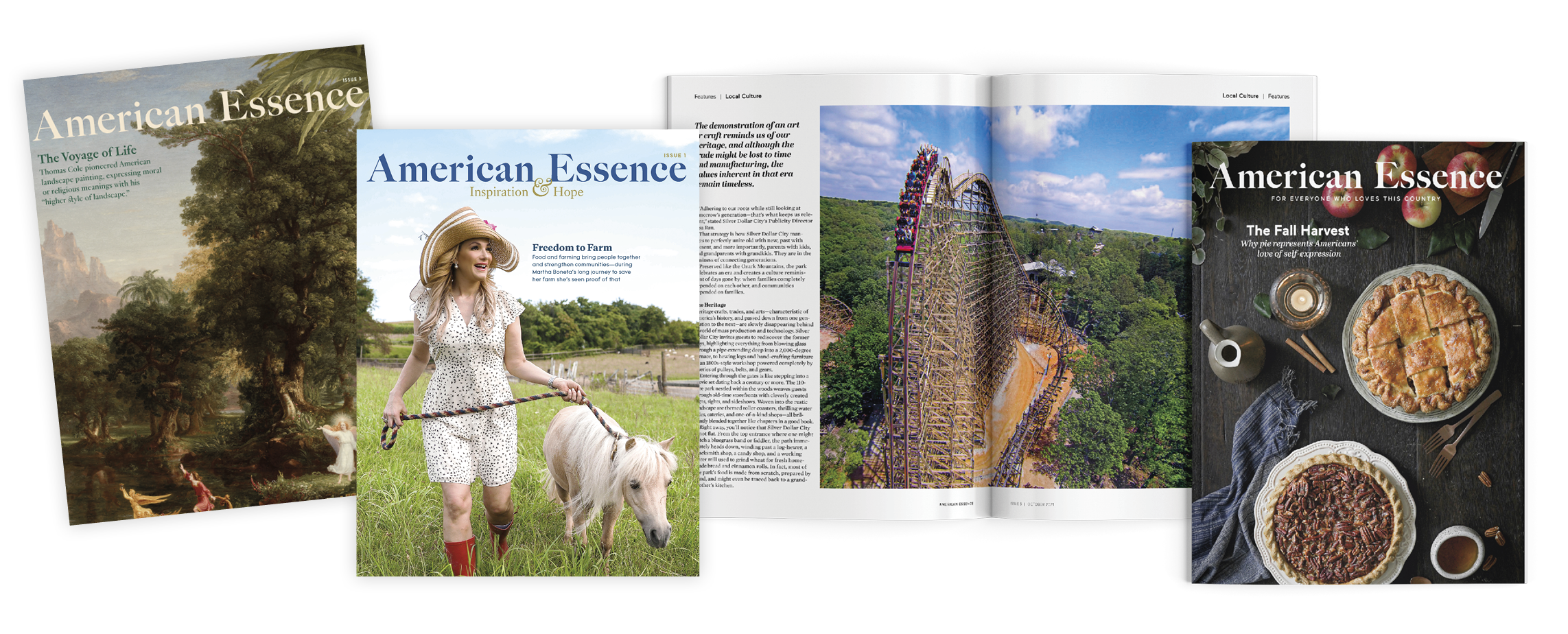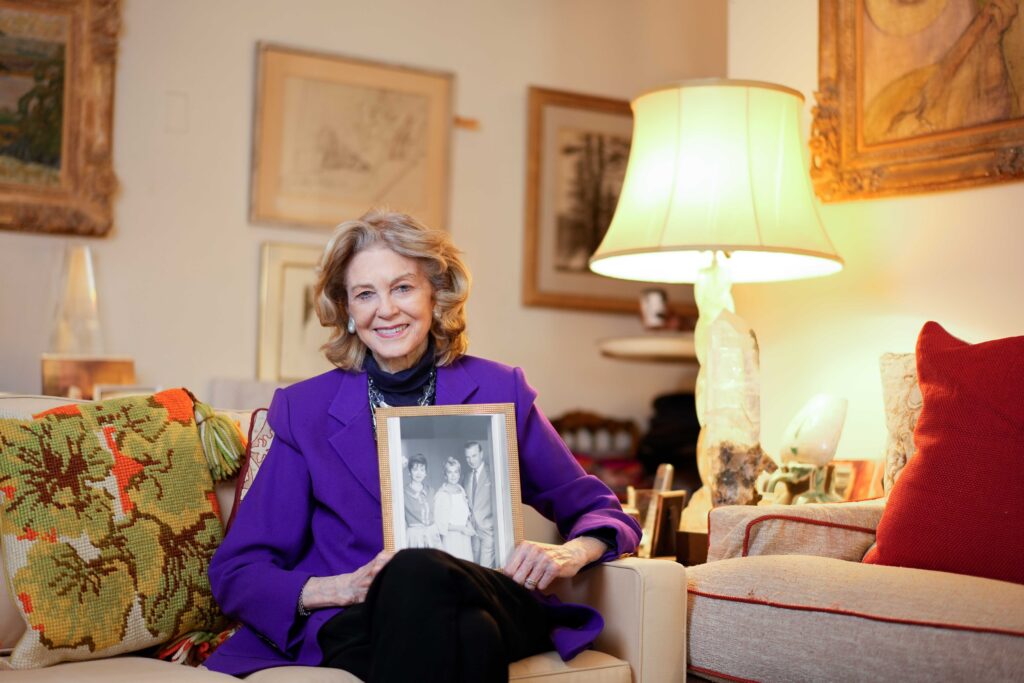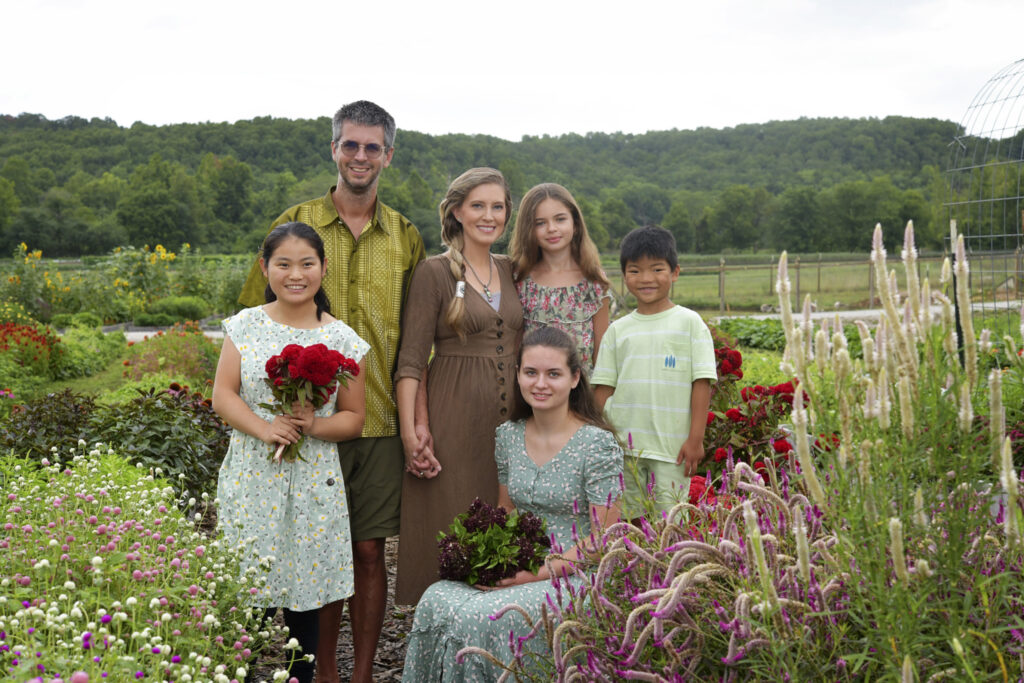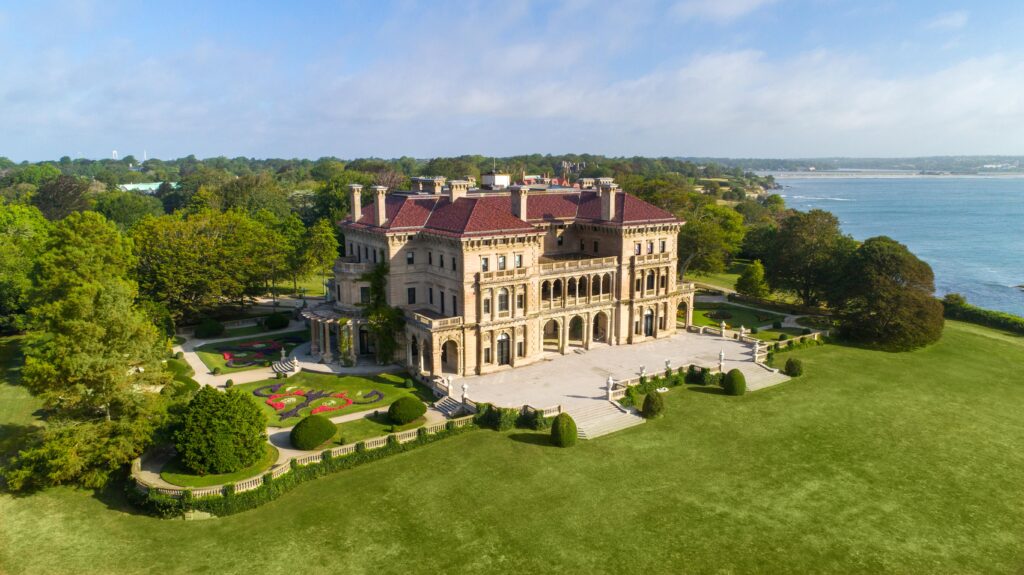East of Philadelphia, over the Delaware River, lies a hamlet named Mount Holly. This New Jersey town is where Quakers first settled in the late 1600s. At one time, during the Revolutionary War, it became the state capital.
And, in the late 1940s, Earl W. Stafford was born in this same tight-knit community—a community he dubs “one of those George-Washington-slept-here towns.”
Raised in humble circumstances with meager means, Stafford is one of 12 children. He believes his upbringing made him the industrious business leader and philanthropist he is known for being today. He learned the values of charity, ethics, and kindness surrounded by the love of family and neighbors. “We weren’t rich by any stretch. If we wanted money, we shoveled snow, recycled bottles, cut lawns. It stuck with me,” Stafford recalled. He was fortunate, thanks to a neighborly, business-minded woman, Ms. Mason, who taught him the basics of business selling hot dogs and soft drinks around the block. He said that that entrepreneurial spirit still resonates within him today.
A Business Idea
After high school, Stafford went on to honorably serve in the United States Air Force for two decades, specializing in air traffic control. Equipped with leadership skills, along with an undergraduate degree from the University of Massachusetts at Amherst, an MBA from Southern Illinois University, and a graduate certificate from Harvard Business School, Stafford was ready to serve the world.
He had hope for success upon leaving the Air Force. Stafford founded a new aviation-related manufacturing company in Washington, D.C., called Universal Systems & Technology, Inc. (Unitech). He utilized his expertise in air traffic control services to create training programs and simulation technology used by the FAA and the Department of Transportation.
But it was difficult for the first four to five years.
“I wasn’t getting paid, and the lights and phones were sometimes cut off,” he admitted. “We endured; God worked it out for us. I stepped out in faith based on the values I was raised with.”
Stafford’s company eventually rose in revenue to the tune of millions. The success wasn’t lost on him or his faith community.
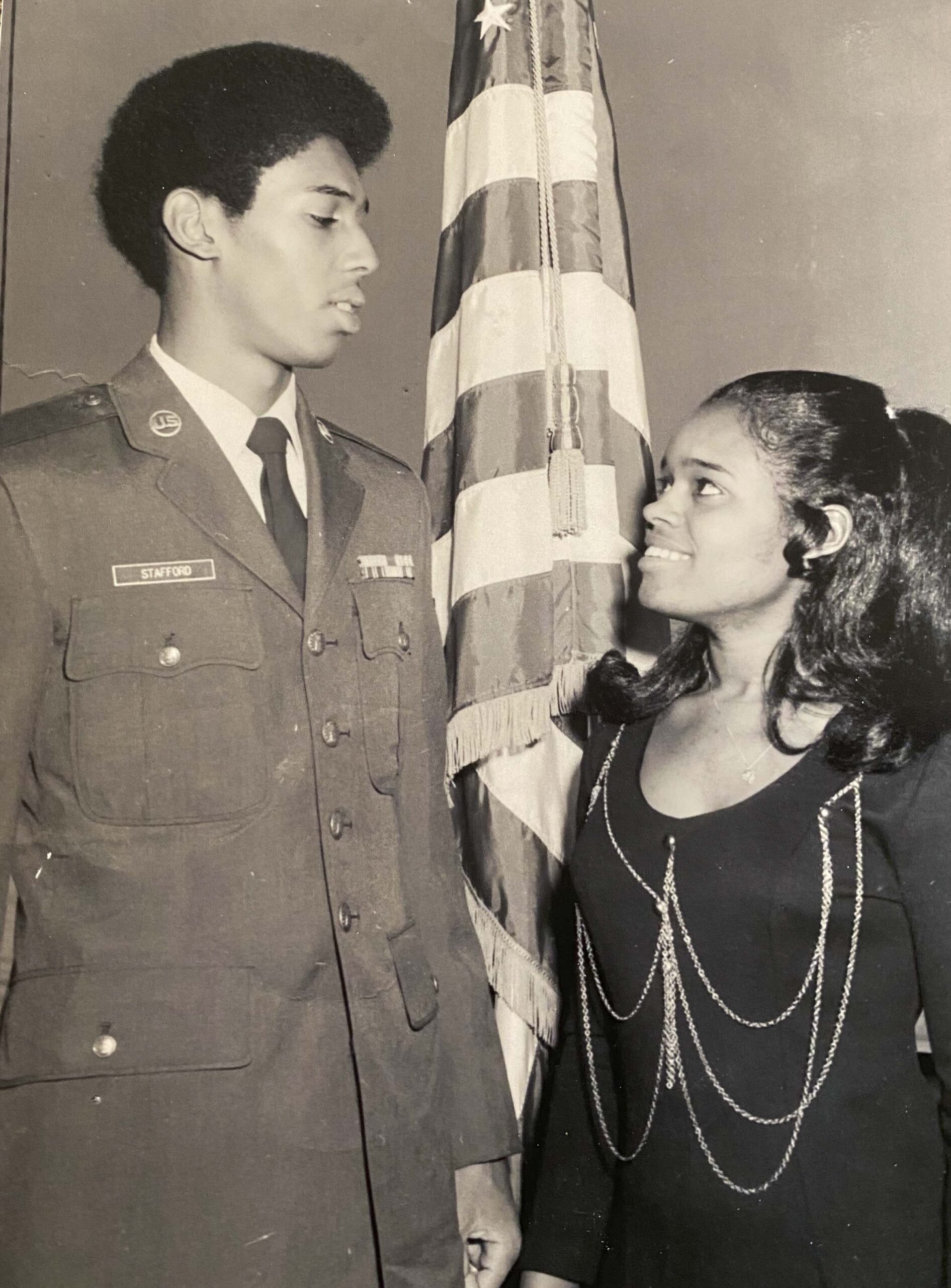
“One day, my pastor called me. He wanted me to go to Haiti to build a church. I thought of every reason not to go. But I found myself in Port au Prince, a bit disgruntled,” he said. “After a week or so there, getting dirt under my fingernails,” he continued, “I realized that these people were not looking for a handout. They were looking for a helping hand.”
Humbled by the experience, Stafford returned home with a new perspective. His belief in God opened his heart and eyes to recognizing similar circumstances in which people needed help, he said.
The Meaning of Giving
In serving others, Stafford found purpose outside of his career. In 2002, he founded The Stafford Foundation as a faith-based philanthropic endeavor. One of its capstone projects early on was the People’s Inaugural Project, an initiative to bring disadvantaged Americans to experience Washington, D.C., and celebrate the presidential inauguration in 2009. Stafford’s vision brought together several nonprofits that helped to select and welcome some 400 individuals from all walks of life—including wounded veterans and men and women staying in homeless shelters—and from all over the United States. It was a grand event.
With first-class accommodations and dressed in tuxedos and fine gowns, the charity recipients mingled with multi-millionaires. “You couldn’t tell the haves from the have-nots! They intermingled and integrated into the ball filled with over several thousand people.” Stafford continued for the next five years working side by side with those organizations to support the recipients through job training programs and scholarships. The foundation also ran a “Give Before You Get” program: giving homeless or at-risk populations an opportunity to lend a helping hand by building homes and volunteering at hospitals and assisted living centers.
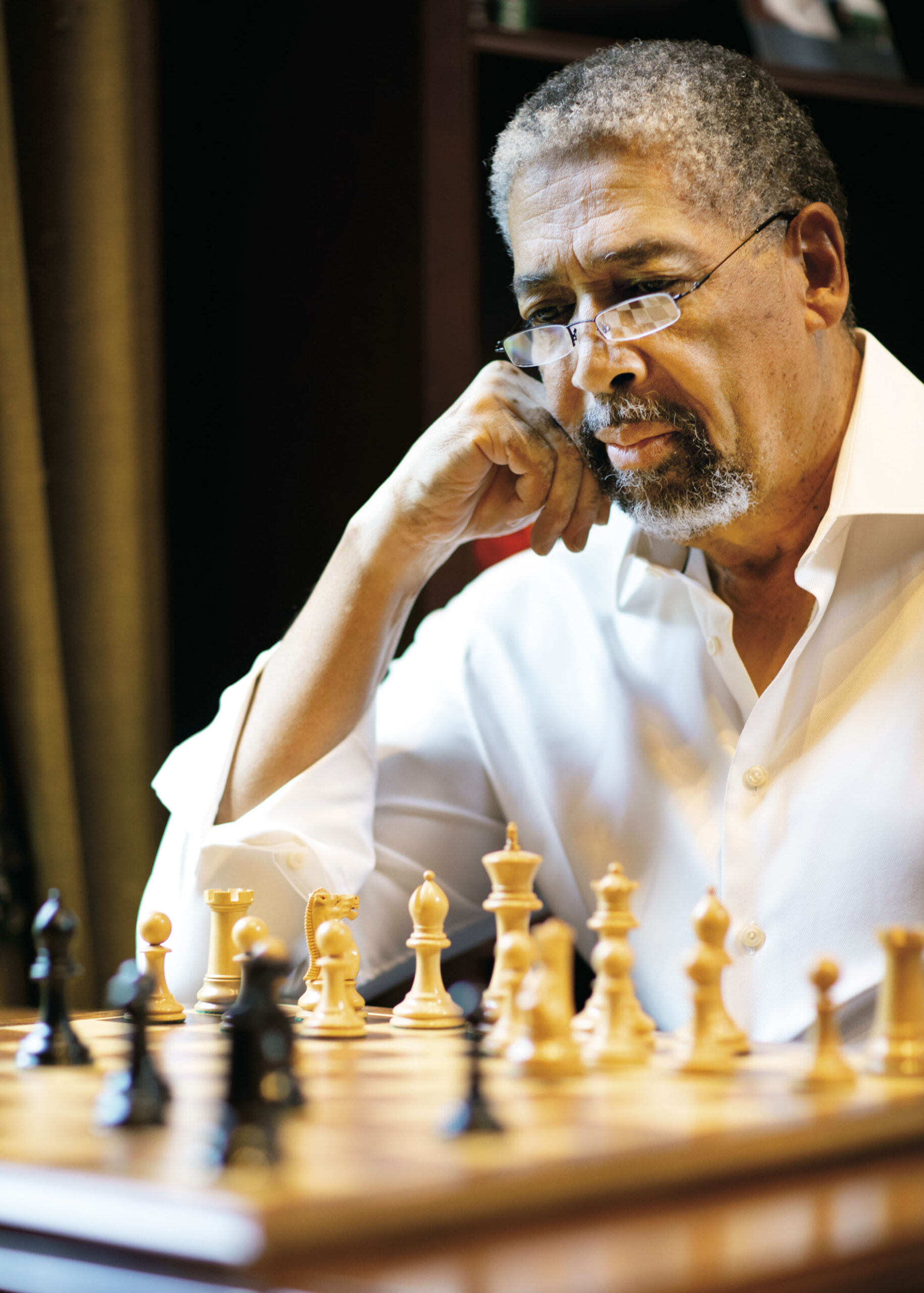
These projects allowed Stafford the opportunity to explore exactly how to serve others—to do good in the world. “One of the things the Foundation realized,” said Stafford, “is that we live with our hearts instead of our heads. We want to help everyone.” He believes that the Lord has helped him find the missions that need the money most.
The work Stafford feels is most pressing today is for the foundation to provide assistance in Africa. Across more than 25 countries, the foundation has helped to build over 20 churches along with orphanages, training centers to teach women to read and write, and a business center to help small businesses grow. “We want to help people to help themselves. In fact, there are more ways to be helpful than writing a check. Helping others doesn’t have to be on a grand scale or on the front page of the news to impact people. We are judged not by what we give but how we give,” he said.
With grandfatherly wisdom, he believes it is important to listen to God. “When God uses you, it doesn’t mean you are the total solution. It means that sometimes you are part of a solution. When I reach the usefulness needed, God allows others to step in and help further.” He believes wholeheartedly that one can impact others in immeasurable ways. In the community where he grew up, if someone was in need, others gathered and tried to help, even if they didn’t have much themselves. “I knew my mother more than once sent a pot of something to a family who needed it more than we did.”
These kinds of values Stafford understood as an obligation to be “your brother’s keeper”—and he says we still have that obligation to each other today. “It’s not about ego. And it’s not about evaluating impact,” he stated. “We must continue to serve and plant the seed, and one day we will see what grew. We can’t be so satisfied with ourselves when we don’t know the impact we have had,” he said.
From January Issue, Volume 3

